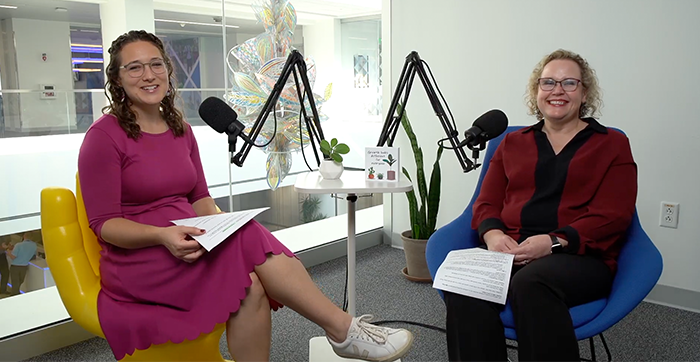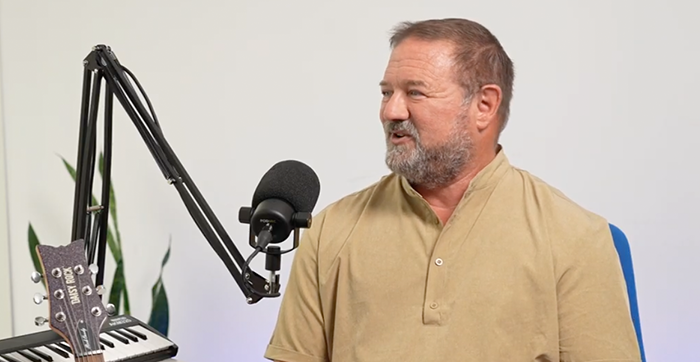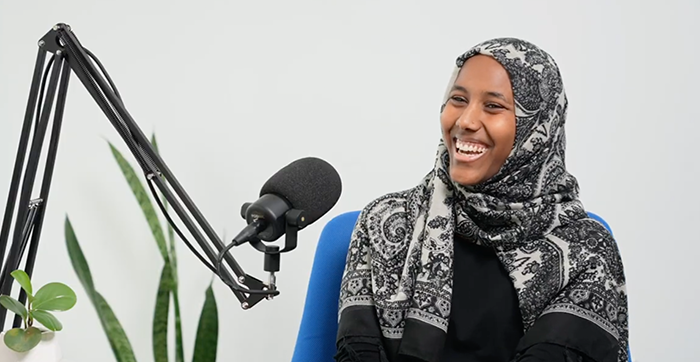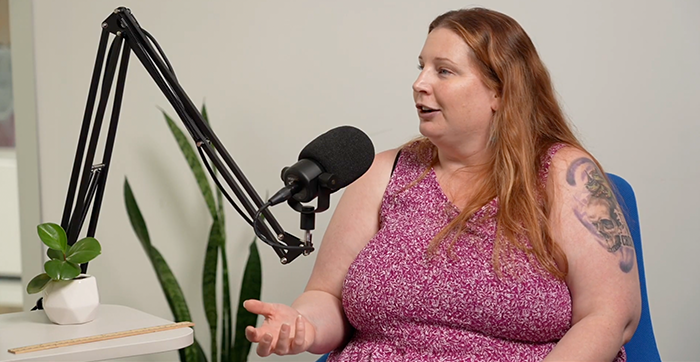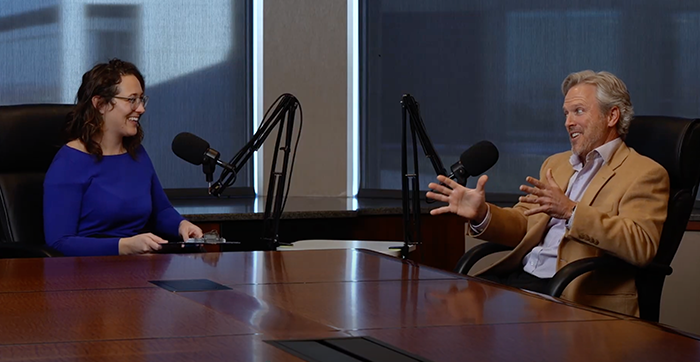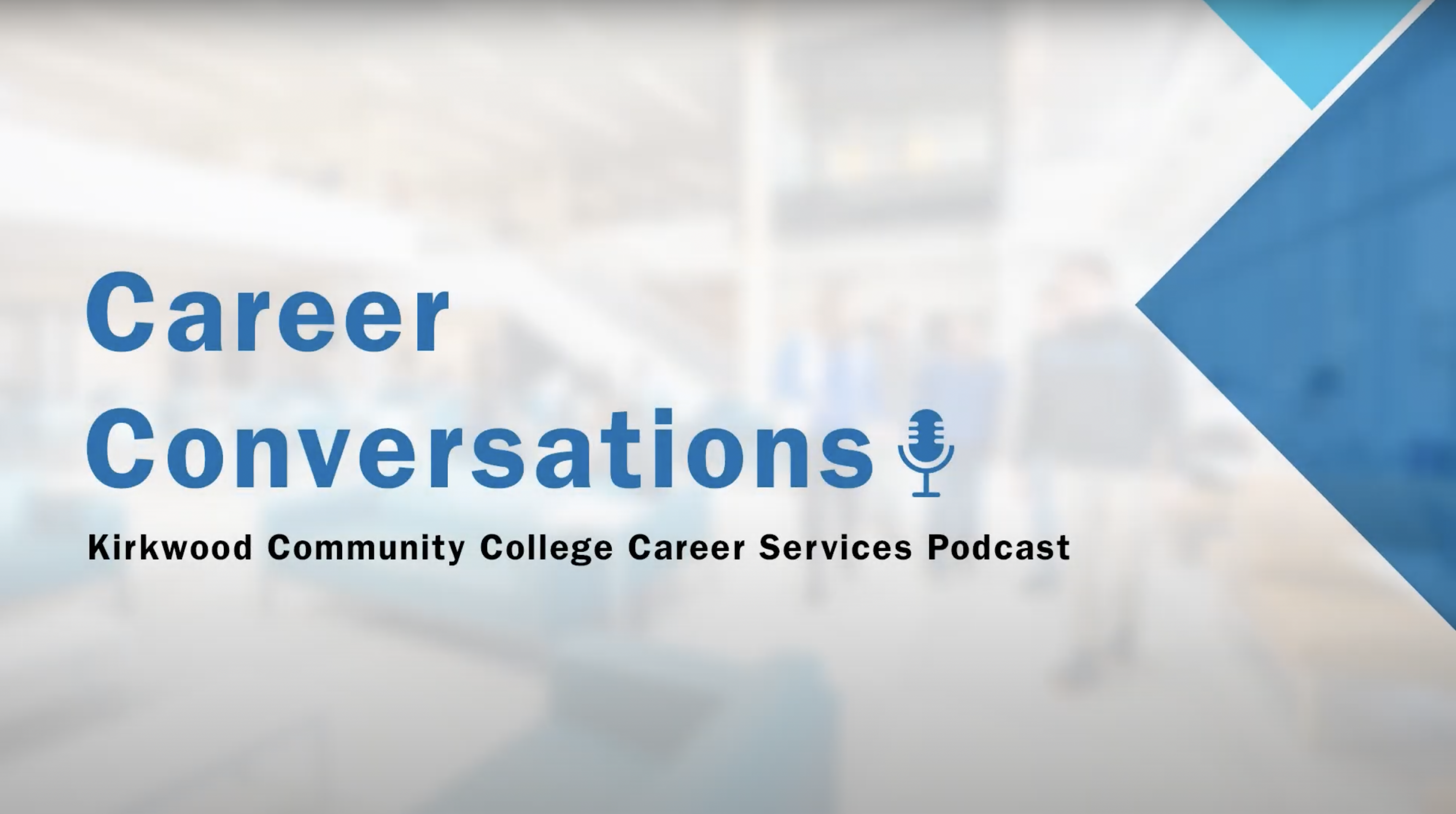
Resources & Support
Career Services provides access to the following resources for all students.
Most are also available for alumni to access. Be sure to check out each section!
Career Conversations Podcast

Job Hacks with Handshake
with Rachel Powell.
Music Degree AA vs. AAA
with Fred Kiser.
Hidden Wins in an Internship Search
with student, Lama Mohamed.
YouScience Explore YOUR Skills and Careers
with Lexi Fields.
Faculty Insight on Career Development
with Todd Saville.
Career Exploration Resources
SDV-201 Exploring Careers – 1 to 3 credits
Provides guidance in choosing a career goal and preparing for employment. Emphasis will be placed on identifying interests, abilities, personality traits, and values, and exploring options for careers. Teaches how to access labor market information and employment trends. Develops the skills and aptitudes necessary to obtain employment, emphasizing the development of characteristics associated with job success.
Click below to access and complete our Career Development Guide.
Career Quest is a free, voluntary, self-paced course designed to help you explore your interests, values, and skills. The goal is to better understand careers and majors that are compatible to you — giving you a clearer path for the future.
To get started:
- Sign into MyHub
- Click on Talon
- Select the course "Career Quest at Kirkwood"
- Start the moduleS: click on "Course Content" then "Overview"
– OR –
Fill out the Career Quest enrollment form
Create an account and complete all 5 assessments in FOCUS2 to help guide your career path.
- Go to "Create an Account"
- Access code: eagles
- Start by completing the 5 self-assessments.
- Review your results and use the Career Development Guide to capture what you learned.
- Share your rsults with a Career Coach for feedback and insights. Make an appointment.
What Can I Do With This Major (WCIDWTM)? features 100 major profiles with information on common career paths, types of employers that hire in the field, and strategies to maximize opportunities.
YouScience is a free tool that helps Kirkwood students discover their natural aptitudes. Get started below to uncover your hidden potential.
Job Searching Resources
Handshake connects students and alumni to employers who are interested in hiring Kirkwood graduates.
Discover career opportunities in our network of 500,000+ employers, connect with an Alumni mentor to help launch your career, research employers that hire within your industry, and much more!
Get the competitive edge you need to land your dream job! Practice interviewing skills anytime, anywhere with StandOut. Want feedback on your answers? It’s easy to share a link to your practice sessions with an instructor, career coach, mentor, etc. StandOut also utilizes AI technology to provide auto-generated feedback if you prefer to practice on your own.
Sign in with your k-number and password to get started.
Click below to access and complete our Job Search Success Workbook.
WBL-110 Employability Skills
This course is designed to assist students in developing the skills necessary to obtain employment (part-time, full-time, and internships), and to learn and practice the skills and attitudes required for job success. Students will research the job market and companies, practice résumé writing, job application completion, and interviewing techniques. Additionally, students will practice work-place problem solving strategies, and demonstrate skills required to work in a diverse environment.
Jobscan is a suite of online tools designed to help job seekers optimize their resumés and LinkedIn profiles for applicant tracking systems (ATS) and improve their chances of landing interviews.
Upcoming Career Events
Select the Leadership & Personal Growth category to find Career Services events on the online calendar.
Login to the Handshake Events page to see upcoming networking and career-related events in our surrounding community.
Career Services
3rd Floor Iowa Hall
319-398-5540
careerservices@kirkwood.edu
Calendly
